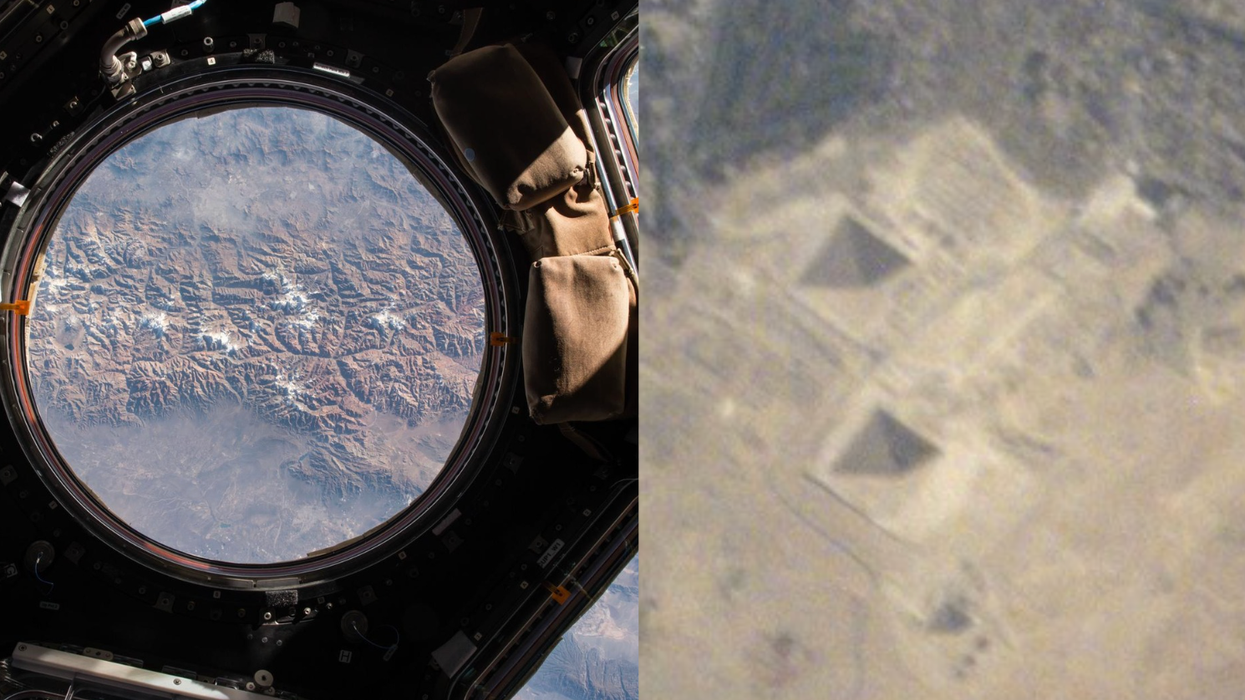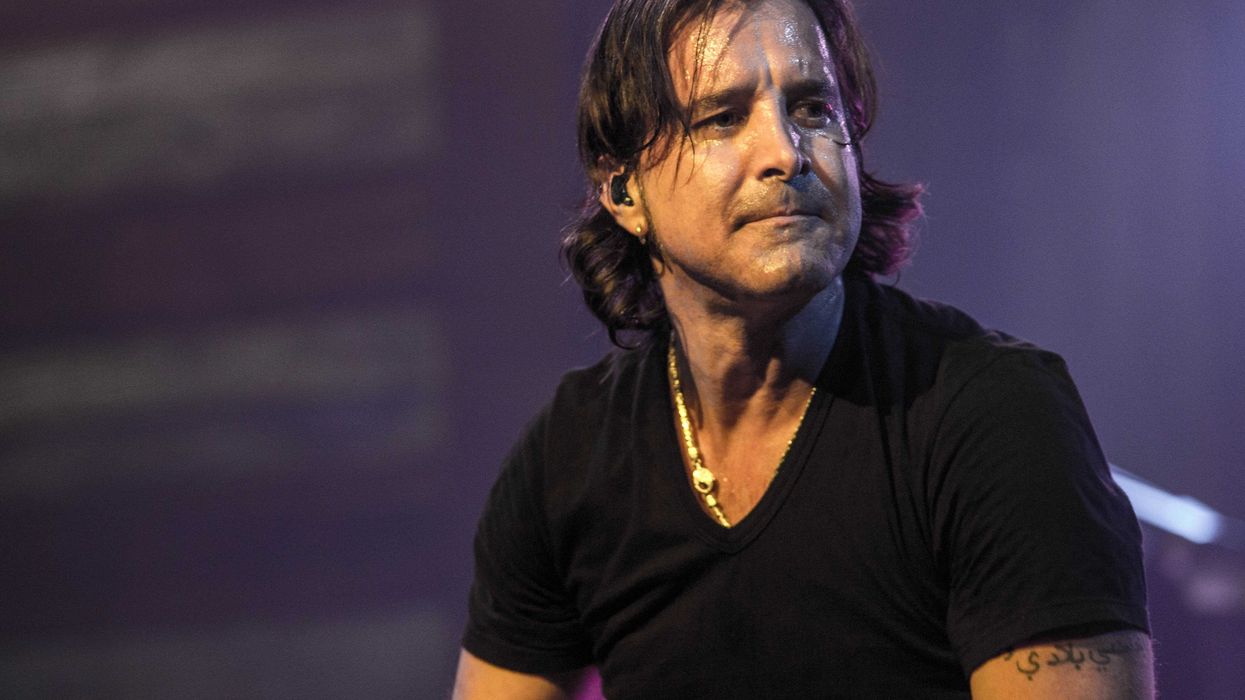As England's best soccer teams face crippling debt, its fans have come up with some surprising ways to liven up the game-their own way.Imagine an NFL team going out of business in the middle of the season. Imagine the New York Yankees so deep in debt, they sell Derek Jeter and A-Rod just to pay the banks. Imagine fans of the NBA refusing to wear team colors, hatching schemes to seize control of their hometown teams, or, in some extreme cases, even seceding altogether to start their own minor-league franchises.Talk about fantasy sports. Yet these fanciful scenarios give an American sports fan some inkling of the havoc now unfolding in English soccer. A sporting version of the global financial crisis has Blighty's fan discontent at a-forgive me!-fever pitch.First, understand that England-with all due respect to Spain, Italy, et al-more or less rules professional soccer right now. The Premier League, the country's 20-team top division, is the world's most popular sports circuit, and provides an object lesson in the power of globalization, the English language, and Didier Drogba free kicks. Thanks to satellite TV (and pirated Internet feeds) league audiences can reach Super Bowl-esque proportions: An estimated 1 billion people watched Arsenal play Manchester United in 2007; across Africa, graffiti in favor of one Premier League club or another adorns rural huts and urban alleyways; estimates of the league's Chinese audience range from merely impressive (100 million) to a total larger than the U.S. population. And speaking of our supposedly soccer-averse homeland, ESPN's dawn-patrol broadcasts of a single Premier League game a week attract hundreds of thousands of viewers-even though they often start before 5 a.m. on Saturdays on the West Coast.Second, understand that the Premier League grew into this global pop-culture juggernaut on a steady diet of shady leverage, unregulated debt and other classic Bubble Era financial misbehavior. Owners pulled robber-baron fiscal tricks and engaged in unsustainable spending binges. Now the bills are due, and they are not pretty.The most alarming problem sits at the bottom of the current standings: Portsmouth FC-at 112 years old, more venerable than the Yankees or Red Sox-could go out of business this week. A few seasons ago, Portsmouth spent its way into contention. After a bizarre whirligig of different owners, the club is now essentially bankrupt. Meanwhile, the club can't pay its players or staff on time-the team recently even failed to pay the bill to keep its website online.A team in the world's top sports league, snuffed out like an underperforming Sunglass Hut? From an American perspective, it's just about unheard of. The NFL hasn't lost a franchise since 1952. Yet Portsmouth is only the most glaring example of English soccer malfeasance.Manchester United-the Premier League's defending champion and one of the world's most glittering sports properties-is awash in crippling debt thanks to the Glazer family, a troupe of eerily identical American sports tycoons who bought the club in 2005 with hefty loans from banks and hedge funds, then transferred the debt to United's books. In the last three years, Man U shelled out over 260 million pounds in interest alone, raised ticket prices, and sold superstar midfielder Cristiano Ronaldo to pay the bills. Via financial jujitsu that frankly induces nausea just to read about, the Glazers appear to be doing just fine on the deal. Similar conditions prevail at Liverpool, a club famous for its raucous working-class fan traditions. American bumblers Tom Hicks and George Gillett pulled a leveraged takeover of the club in 2007; with repayment of 100 million pounds looming, some fear Liverpool will have to liquidate its star players.All this chicanery leaves the commoners restless. Man U fans have been bitching about the Glazers from the beginning. This year, their discontent took on a more colorful form: the "Green and Gold Revolution," an attempt to shame the Glazers into selling the club. Many fans now refuse to don the club's iconic red paraphernalia, instead sporting scarves, banners and shirts in green and gold-the colors of the original 1870s railway workers' team that morphed into Manchester United. The Green and Gold campaigners aim to recruit wealthy United fans to buy out the Glazers, and are pushing to inject soccer's mismanagement into Britain's forthcoming general election.Over at Liverpool, matters have taken on an even more radical air. The Spirit of Shankly, a Liverpool fan "union," leads its website with an quote about socialism, holds mass meetings, and issues manifestos. While ejecting the American owners serves as the short-term goal, SOS proclaims that its ultimate aim is "supporter ownership of Liverpool Football Club." This objective, shared by some United supporters and fans of other English clubs, would turn Liverpool into a huge cooperative, not unlike the Green Bay Packers or Catalonia's FC Barcelona, which is owned by over 105,000 paid-up members, all of whom get a vote.Ownership, of course, has its privileges-and some fans aren't waiting around. In recent years, disgruntled fans of big teams have started launching their own amateur clubs. Loosely known as "punk football," this grassroots movement has so far seen great success on and off the field. Pioneering fan-run club AFC Wimbledon, which went a record 78 straight games without a defeat, now owns its own stadium and has advanced to the league system's fifth tier. Early in the Glazers' tenure, disaffected fans launched FC United of Manchester (yes, "FCUM"), a red-clad gang of semi-amateurs who play matches at tiny stadiums around northern England. This year, Liverpool fans followed suit, setting up AFC Liverpool, which offers supporters of the "real" Liverpool a dirt-cheap opportunity to cheer with the "same colours, same songs, the same community of Reds."These alternative clubs all allow any fan to buy an ownership share and an equal vote in team operations. So far, they constitute only a small blow against the big-business shenanigans of the Premier League-and, certainly, it's impossible to imagine 100 million people in China tuning in to see AFC Liverpool. But as the financial and organizational meltdown spreads beyond the Premier League to lower divisions, fans across England are eyeing the concept.For American sports fans, all this chaos might inspire a sigh of relief. Some Yanks think of soccer as a quasi-socialistic European affectation-like Nutella or guaranteed health care. In fact, England's problems all stem from the game's atmosphere of crazed, unregulated capitalism: no salary caps; no limits on team expenditures; very little revenue sharing; loose control over who buys teams or what owners can do. The Premier League would give Ayn Rand a heart condition. By comparison, our major leagues are as seamless and centralized as the Soviet Union wished it could be. What a country.Still, the placid state of U.S. sports may not last. Both the NFL and NBA face imminent labor problems. The former is up against a Supreme Court anti-trust case. With all that in mind, American fans might do well to keep their one eye on the other side of the pond.Zach Dundas is a freelance journalist in Portland, Oregon, where he supports the Portland Timbers and Liverpool FC. His first book, The Renegade Sportsman, will be published in June. You can pre-order it here.Image via
Search
Latest Stories
Start your day right!
Get latest updates and insights delivered to your inbox.
We have a small favor to ask of you
Facebook is critical to our success and we could use your help. It will only take a few clicks on your device. But it would mean the world to us.
Here’s the link . Once there, hit the Follow button. Hit the Follow button again and choose Favorites. That’s it!
The Latest
Most Popular
Sign Up for
The Daily GOOD!
Get our free newsletter delivered to your inbox
















 Otis knew before they did.
Otis knew before they did.